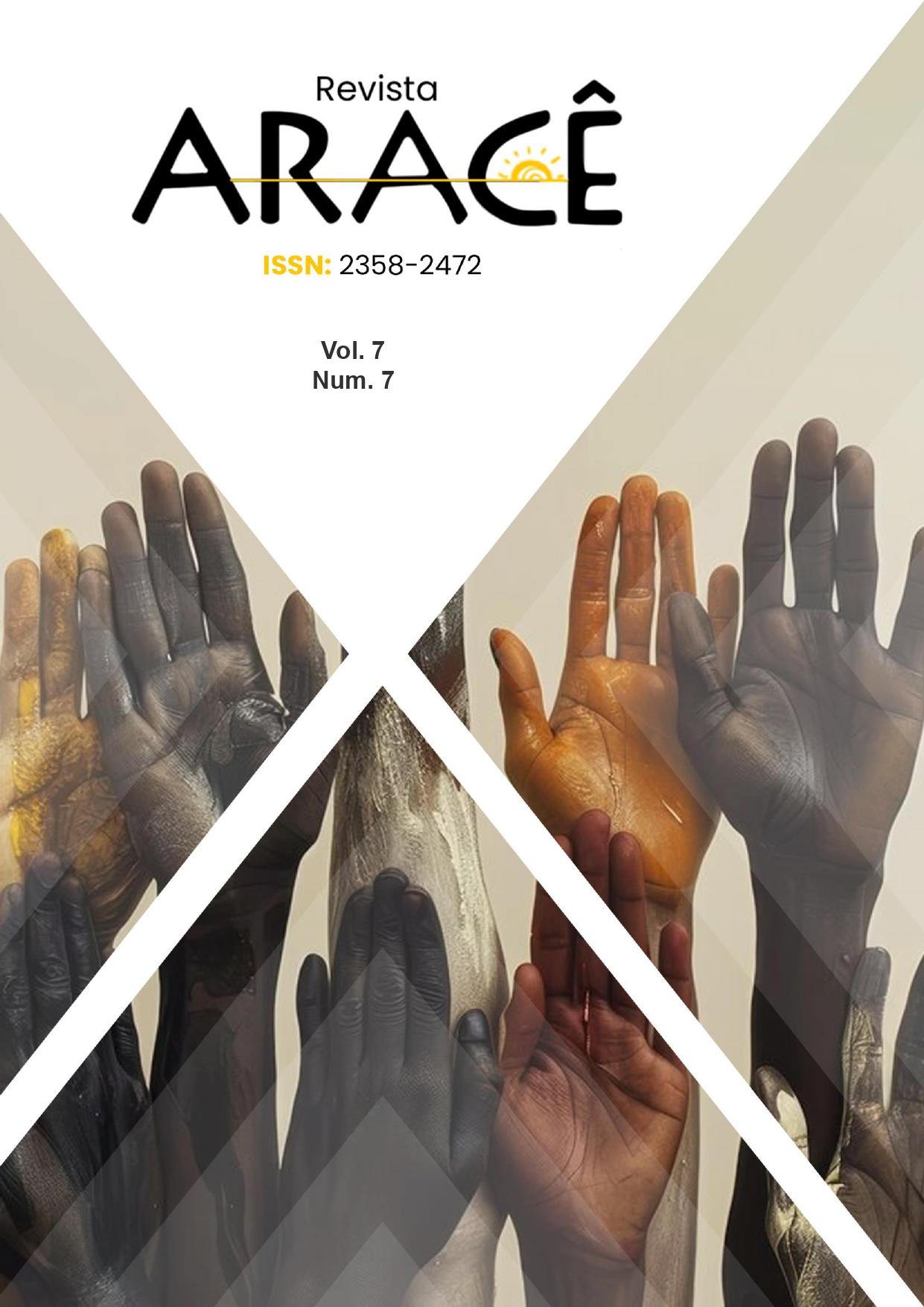ANÁLISE COMUNICATIVA VIA ESPAÇOS DISCURSIVOS EM CONTEXTOS LUSÓFONOS
DOI:
https://doi.org/10.56238/arev7n7-040Palavras-chave:
Espaço Discursivo, Jürgen Habermas, Formação de professores, Inclusão escolar, Pesquisa-açãoResumo
Este artigo tem por objetivo refletir acerca das contribuições da pesquisa-ação com formação de professores e a educação inclusiva. Toma o estudo comparado numa perspectiva crítica como perspectiva teórico-metodológica. Os espaços discursivos e formativos constituem-se em ferramenta epistemológica, produzidos no âmbito das redes de colaboração estabelecidas entre a universidade e os municípios, Estado e as Instituições de Ensino Superior nos países lusófonos (Portugal, Moçambique e Brasil). Nesse processo, inicialmente tomamos os argumentos dos participantes nos momentos de constituição da compreensão da realidade, análises de documentos, políticas e contextos socioeducacionais, econômicos, nos planejamentos e realização dos Espaços Discursivos e formativos. Participaram gestores (municipais e Estaduais), estudantes e professores (graduação e pós-graduação), sendo tematizadas a formação, as políticas públicas, a inclusão e a pesquisa-ação. É urgente aprofundar os processos de formação de professores e instaurar a cultura da sustentabilidade da vida, ou seja, promover uma releitura de mundo onde a vida em todas suas relações e nos processos de formação inicial e continuada.





